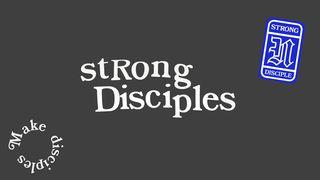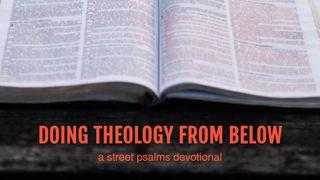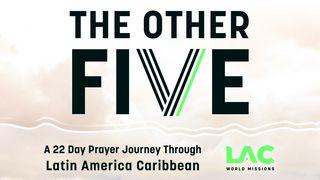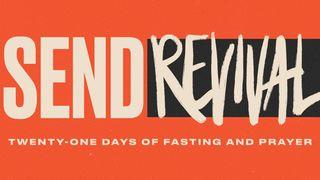Deuteronomy: At Journey's EndSample
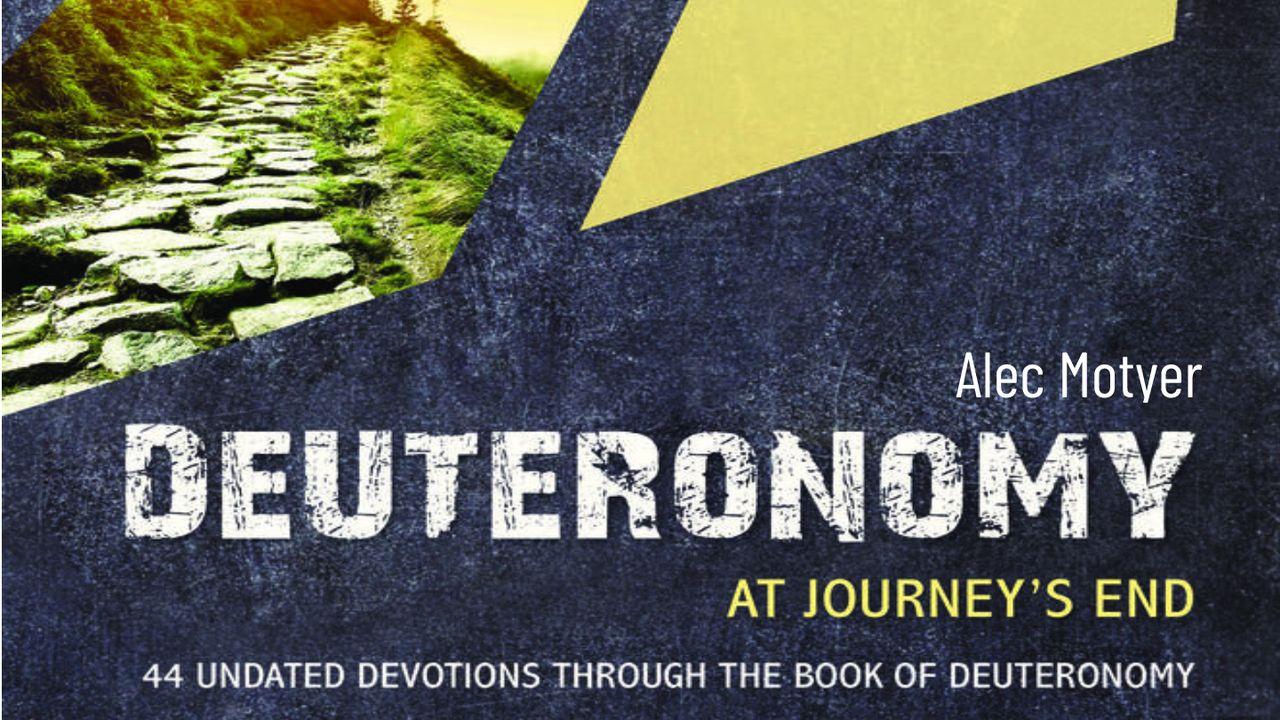
Into battle, part 1
Know your enemy, know your God
There are many repetitions in Deuteronomy. We must never say, ‘We’ve read all this before’, but rather, ‘It must be important to merit repeating.’ 6:10 says, ‘the Lord your God brings you into … to give you …’; 7:1–2 says, ‘the Lord your God brings you into … and when … you have defeated them …’ The difference is not of fact but of emphasis. Being brought out of Egypt represents the work of salvation, therefore, ‘Stand firm and you will see’ (Ex. 14:13). Yet once we are saved we are alive from the dead (Eph. 2:4–6), and we are called to show signs of life (‘to live’, Eph. 4:1; literally, to ‘walk’), to put on armour (Eph. 6:11), to run so as to win (1 Cor. 9:24) and to resist even to the point of shedding blood (Heb. 12:4).
The objective (our ‘war aim’) is to establish and maintain our status as a distinct people (Deut. 7:2–5). Of course we are not called to ‘destroy … totally’ (v. 2) – that was right for its own time – but we are called to display a similar zeal to maintain our separateness and distinctiveness, avoiding entangling relationships (v. 2), including marriage (v. 3), and shunning everything that imperils our sole loyalty to the Lord (v. 6).
Why are we to be intent on these positive differences? Because the Lord has dealt differently with us (vv. 6–10). ‘Holy’ (v. 6) means ‘separate’, in the sense of positively belonging to a different sphere of reality, God’s reality; it’s being different because we belong to him. This is why the sex worker of Genesis 38 can be called ‘the holy woman’ (v. 21, literally) – because she belonged to Baal, lived in his sphere of reality, and served him as he required. We are separated for God because of his choice (Deut. 7:7; Eph. 1:4), which arose from his unexplained love (Deut. 7:8; Eph. 2:4), itself an expression of his faithfulness to his promises and displayed in his work of salvation (Deut. 7:8).
Deuteronomy sums all this up as God’s faithfulness, his loyalty to promises made (the covenant) and his undying, unchanging, steadfast, covenant love. ‘Set his affection’ (v. 7) is a phrase that could be used of ‘falling in love’ (cf. Gen. 34:8) while ‘love’ (v. 9) is the love that pledges unchanging devotion ‘till death us do part’ – the contrast is between love as an expression of the emotions and love as a commitment of the will.
Reflection
To say, ‘He loves because he loves’ (vv. 7–8) is as far as we are allowed to press into the divine will. It implies there are very good reasons for all he does – but he is not telling us!
Scripture
About this Plan

In these daily undated devotions, Alec Motyer explores the timeless truths of Deuteronomy and applies them to our lives today. Just as the Israelites did, we can appreciate the wonder of God’s grace to us through repentance, experience His committed love for us, and learn more about walking in His ways.
More
We would like to thank 10ofThose for providing this plan. For more information, please visit: https://www.10ofthose.com/
